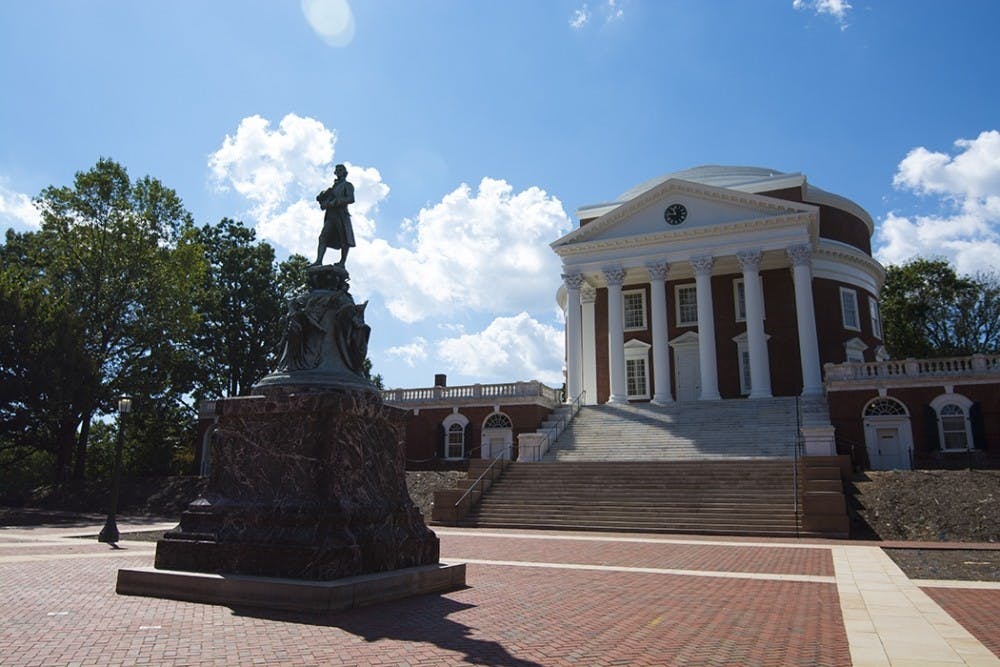Last week, the State Council of Higher Education for Virginia released its strategic plan on areas the state needs to improve in access to and quality of higher education. Virginia residents currently rank No. 6 in the nation in the percentage of people who pursue higher education.
The Commonwealth established goals in the report to become the most-educated state by 2030.
According to Gregory Weatherford, associate for communications and outreach at SCHEV, Virginia conferred a record number of bachelor’s and graduate degrees in 2017.
“Can we get to become the best-educated state in the country?” Weatherford said. “One way we’re counting that is the percentage of Virginia students with some kind of credential after high school. We want to get to 70 percent — right now, we’re at 51 percent.”
SCHEV created the Virginia Plan for Higher Education with suggestions from colleges, universities, legislators, students, the office of the governor and other influential organizations. The Virginia General Assembly approved the plan in 2015.
The report identifies possible barriers to accomplishing the goal of making Virginia the most-educated state by 2030, such as rising tuition fees which make college less affordable, achievement gaps for student who are low-income, of a minority race or ethnicity or from rural areas and the relocation of people with college degrees outside the state in recent years.
The first goal detailed in the report is to “provide affordable access for all” by reaching out to diverse populations, improving overall college readiness and having various post-secondary options for different types of students, such as non-traditional students who attend community college or workplace programs instead of a four-year college or university program.
“When a lot of of people think of going to college, they think of going to a four-year institution ... but that’s not for everybody,” Weatherford said. “We have an incredible community college system. There are also workplace programs, where you can learn specific skills and get a degree and demonstrate that you know how to do it.”
The report also emphasizes investment in higher education to make tuition more affordable, increase transparency of information to students, maintain close observation of and improvement in the quality of higher education, further regulate private institutions and increase opportunities for internships.
“In a lot of ways, [the recommendations] come down to making sure people can afford going to school, which means reducing the cost as much as possible and also providing people with ways to pay, with different funding sources, such as scholarships,” Weatherford said.
SCHEV is looking to make education more affordable by supporting the idea of open education, with free online courses and textbooks. Alleviating the cost of textbooks can make education more financially accessible, Weatherford said.
2016 year was SCHEV’s first year measuring degrees conferred. Roughly 119,000 degrees were granted in 2017, the most in Virginia’s history.
“This is the most educated time in Virginia history,” Weatherford said. “That said, there’s clearly more to be done, especially in different areas. In particular areas of the state, or among certain populations, there’s a lot of headway we still need to make.”
Correction: The article previously misstated that roughly 19,000 degrees were granted in 2017. The correct number is 119,000 degrees.







